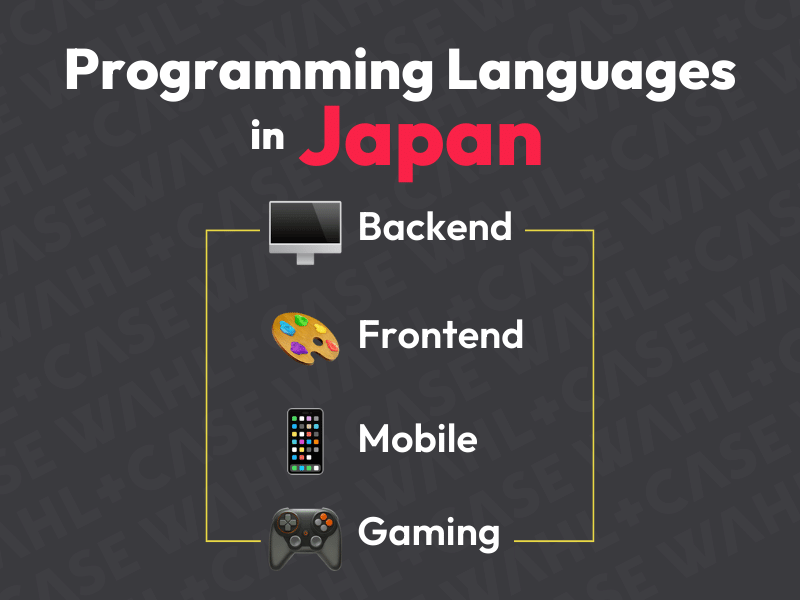Why employee retention starts with the interview process
This article was originally published on the Attuned blog, our sister business.
The decision to leave a company is an emotional one.
Usually, it’s not a throw-your-toys-out-the-pram type decision, but rather a series of negative emotional experiences, of varying depth, that build up to take someone over an unseen tipping point.
Then they quit.
There are also a lot of unseen forces keeping people in their jobs. These include:
Personal identity
Confrontation avoidance
Inertia
Habit
Each of these can be a quite significant psychological magnet in its own right. For example, people tend to receive a deep sense of their personal identity from the work that they do, and organizations have a significant ability to bestow identity upon their members. In order to quit, people may have to go against their own image of who they are as a person. And that’s hard.
Similarly, if people had to fight hard to get a job—going through a series of interviews and jumping through various hoops—it becomes commensurately harder for them to leave because of commitment bias.
In today’s world, it’s impossible to measure these and other comparable forces. They’re unseen, and, for most people, hard to articulate. But they are real, and significant.
And yet, people leave jobs all the time.
Usually people leave after a series of incidents that build the negative emotions up to a point where they provide enough impetus for people to overcome these forces. Of course, companies want to keep the talented people who they have spent a lot of time, effort, and money to hire. But the problem is, they usually attack the problem at the end, not at the beginning. They try to put salve on some of the negative emotions that build up, and that is usually a case of too little, too late.
The Importance of Relationships
Too many companies try to keep their employees happy through hygiene factors, like improved pay, nice coffee, and lots of perks (indeed, there has been a boom in software delivering these fringe benefits), but these don’t solve, nor prevent, that negative emotional build up that actually causes people to leave jobs.
Rather, it is frequently bad interpersonal relationships, primarily with their managers, that drive people to leave their jobs. In Japan, where Attuned is HQ’d, around a quarter of those leaving their jobs do so because of their manager, according to a recent study by leading Japanese HR company (and owner of Glassdoor) Recruit. This is in a country where leaving your job used to be taboo and where the system of lifetime employment has only recently broken down. In the US, that figure is as high as 57%. In fact, it’s the number one reason people give for leaving their jobs.
So what’s the solution?
In short: the intervention needs to happen earlier.
In fact, it should start way upstream at the hiring stage, long before negative emotions have the chance to build up.
The way that companies currently construct their interview processes are too often failing them. Interview processes often evolve organically over time, with too many fallacies unwittingly baked into them. There’s often a desire within companies to have many voices in the interview process, sprung from a place of inclusivity. But are all voices equal in deciding a hire? Are all eyes similarly astute? Who should own the hire? And then, of course, there are a plethora of biases that seep into the hiring process.
Interviews have a place, but the majority of interview processes used in companies today miss the most important factor in people resigning—the match between the manager and the new hire—and also the next most important factor: the match between the new hire and their team. Assuming we are trying to hire more diversely and not just hire people who are like us, we can’t rely on easy rapport and readily apparent shared culture as deciding factors. Instead, we need a better tool to help us hone in on the most important elements needed to ensure long-term retention.
Value Matching
One of the core reasons we created Attuned was to understand people’s unseen values as they relate to work. Attuned’s superpower lies in its ability to show a person’s values compared to someone else, as well as versus the common values within a team. In other words, before a new hire joins, you can see where there will be clashes in the value hierarchies between a new hire and their manager and/or their team.
More than behavior, more than personality, it is the clash caused when two people have very different value hierarchies that is most often the root cause of deep dissatisfaction, and the source of the emotional plaque that prompts someone to quit a boss and a company.
We are solving this at Attuned. During the interview process, companies now have access to a tool that allows them to have an open discussion about potential gaps in motivations. And before a new hire joins, it also creates a space to have honest, inclusive conversations about areas that are likely to create friction in their relationship with their manager.
Discussions such as these form the basis of a trusting relationship from the very start, and that in turn leads to more hires staying more motivated for longer, thus boosting retention. The ability to have mutual understanding between managers and their team members, as well as between team members, is a precious resource in ensuring that emotional plaque doesn’t build up, leading people to make the decision to quit. This is the kind of deep trust that Attuned is helping to build by giving insights that spur meaningful conversations from the very beginning of a work relationship.
“When trust was in the room, whatever room that was—the family room, the schoolroom, the locker room, the office room, the government room or the military room—good things happened. When trust was not in the room, good things did not happen. Everything else is details.”
–George Shultz
Ultimately, using Attuned for hiring will help you to use the most important, previously un-seeable, data to begin honest conversations and to build a trusting relationship from the start. And this is what will help you mutually overcome the myriad issues that arise in our exponential age, so that you can retain your new hires until they become old hands.
More Hiring Advice
Casey Wahl
CEO
























